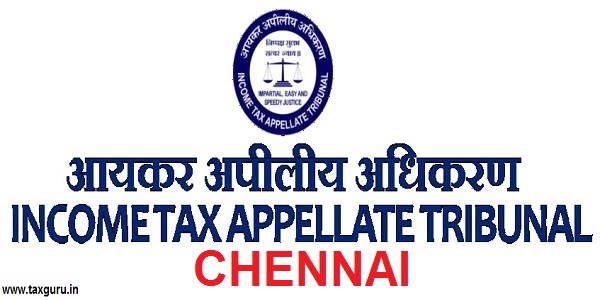A tax (from the Latin word taxo) is a mandatory financial charge which is imposed upon a taxpayer ( an individual/legal entity) by the government to fund various expenditures.
Let us understand the difference between direct taxes and indirect taxes.
Direct tax
The general meaning of direct tax- direct tax is a type of tax where the incidence and impact of taxation falls on the same entity.
In the case of direct tax, the burden cannot be shifted by the taxpayer to someone else these are largely Taxes on income or wealth.
Direct tax is progressive these are linked to paying capacity in other words hire the income hire the Tax.
The department is CBDT which is the Central board of direct tax.
Direct taxes are based on the income earning ability of people.
The administrative cost of collecting direct tax is more and improper administration may result in tax evasion.
The penalty is levied on assesse are income tax, corporation tax, property tax, gift tax, and inheritance tax.
Indirect Tax
An indirect tax is a tax where the incidence and impact of taxation do not fall on the same entity.
In the case of indirect tax, the burden of tax can be shifted by the taxpayer to someonee else indirect tax has the effect of raising the price of the products on which they are imposed.
Indirect tax is regressive these are linked to the paying capacity it will be the same in all cases.
The department of indirect tax is the CBIC Central board of indirect custom
Indirect taxes are borne by the consumers of commodities and services irrespective of financial ability as the MRP includes all taxes.
The cost of collecting indirect tax is very less as indirect taxes are wrapped up in the prices of goods and services that cannot be evaded are levied on the supplier of goods and services.
Custom duty GST and value-added tax are examples of indirect tax.
Few important terms for tax purposes.
Text management:- text management refers to the management of finances for paying taxes, tax management deals with filing returns and me getting the accounts audited detecting tax sources, etc.
Text management helps in avoiding payment of taxes, penalties, and prosecution.
Tax heaven:- it takes heaven or offshore financial center as any country or jurisdiction that offers minimum tax liability to foreign individuals and businesses.
Tax heavens do not require businesses to operate out of their country or individuals to reside in their country to receive tax benefits.
Now the question must arise in your mind that how government earns money from tax haven countries.
- So firstly understand that the text, heaven is not completely tax-free. They charge lower tax rates than other countries low tax jurisdictions generally charge high customs or import duty to cover the losses In tax revenue.
- Tax havens may charge a free new registration of companies and renewable charges to be paid every.
- Additional fees mein also be charged as census fees such fees would add up to a recurring fixed income for the text heavens.
- The top tax heavens in the world are as follows
1. Bermuda
2. Cayman Islands
3. Singapore
4. Mauritius
5. Switzerland
6. Ireland
About the budget speech:-
The budget speech, delivered by the union finance minister in parliament has two sections part A and part b
Part A of the budget speech covers the following:-
The first part of the budget speech provides an overview of the economy of the previous and current years and also gives the budget estimates for the next financial year.
Part A covers a review of the prevailing economic situation of the country and is more concerned about the “macro” aspects of the economy.
Part B of the budget speech covers the following:-
The second part of the bbudget speech highlights the government tax proposers for the next financial year and it has a direct bearing on the personal finances of the citizens part be should also be Read with the finance at which throughout contains legal provisions, a leader can understand the provisions by giving or going through the additional attached memorandum of explanations which gives a broad background of changes.
About memorandum explaining finance bill:-
As the name suggests, the memorandum explains the provisions of the changes proposed by the finance bill
The finance bill stipulates changes to the existing taxation structure as proposed by the finance minister in the union budget.
Now let us understand what are notifications and circulars.
Notifications:-
1. Issuing authority-Central government or Central Board of Direct tax.
2. Why?
-
- To bring change in the middle of the year
- To add or remove the provision of the act.
- Binding on the department and Assess.
Circulars:-
1. Issuing authority:- Central Board of Direct tax issues circulars and clarifications.
2. Why?
-
- Clarifies doubts regarding the meaning of various provisions
- Binding on assessing officer, not on Assess and court
- Does not overwrite the act.




























